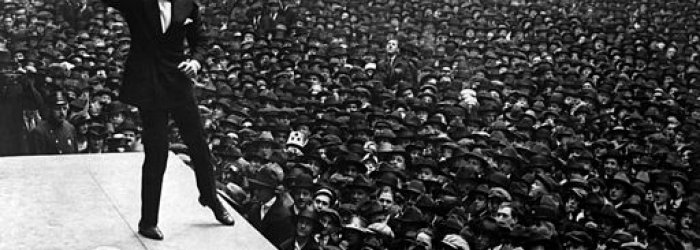
What Kind of Leader Should I Be?
The autocratic managerial style
The autocratic manager decides and implements his decisions top-down; his subalterns have limited roles and limited responsibilities, their main task being that of executing whatever their leader tells them to. The autocratic leader seldom communicates with his staff members, and has reduced abilities to motivate them.
The permissive leadership style
The permissive leader is just the opposite of the autocratic leader. His main characteristic is that of trusting his subalterns to make the right decision; he empowers them as much as he can. While this style does ensure employee motivation by revealing trust in them (through empowerment), it also requires the subalterns to be extremely responsible.
The democratic leadership style
The democratic leader is somewhere between the previous two models. This manager reveals an increased ability to lead the organization, but in doing this, he takes into consideration the sayings of his subalterns. The final decision will belong to the manager, but will be constructed on the arguments of the employees.
The oriented leadership style
This manager reveals a strong tendency to focus on one aspect of the business model in making and implementing his decision. It can be employee oriented, customer oriented or task oriented. From the experience of past generations, the managerial style oriented on the end financial result is the least effective one, as it neglects all other aspects of the business operations, all which lead to the end financial result.
So what is my leadership style?
You will generally find it difficult to integrate all your leadership decisions into a specific style, and you will tend to combine several leadership styles. This is in fact OK. A modern day manager has to adapt to the changing features of the contemporaneous community. This adaptation process also requires that he adjusts his managerial style to the complexities of each individual situation.
You could for instance implement an autocratic leadership style when you are absolutely convinced that your decision is best for the company in the long term, despite the objections of the subalterns. You could for instance be autocratic in deciding not to grant bonuses this year in order to maintain the company's financial stability.
The same day, you could be a democratic leader when you decide the 24th and 31st of December as free days for the entire company. You would generally want your employees to work and increase productivity, but you would listen to their arguments such as a lack of an impending necessity for them to work during these days, or their lack of concentration if they did and make your decision based on their needs.















